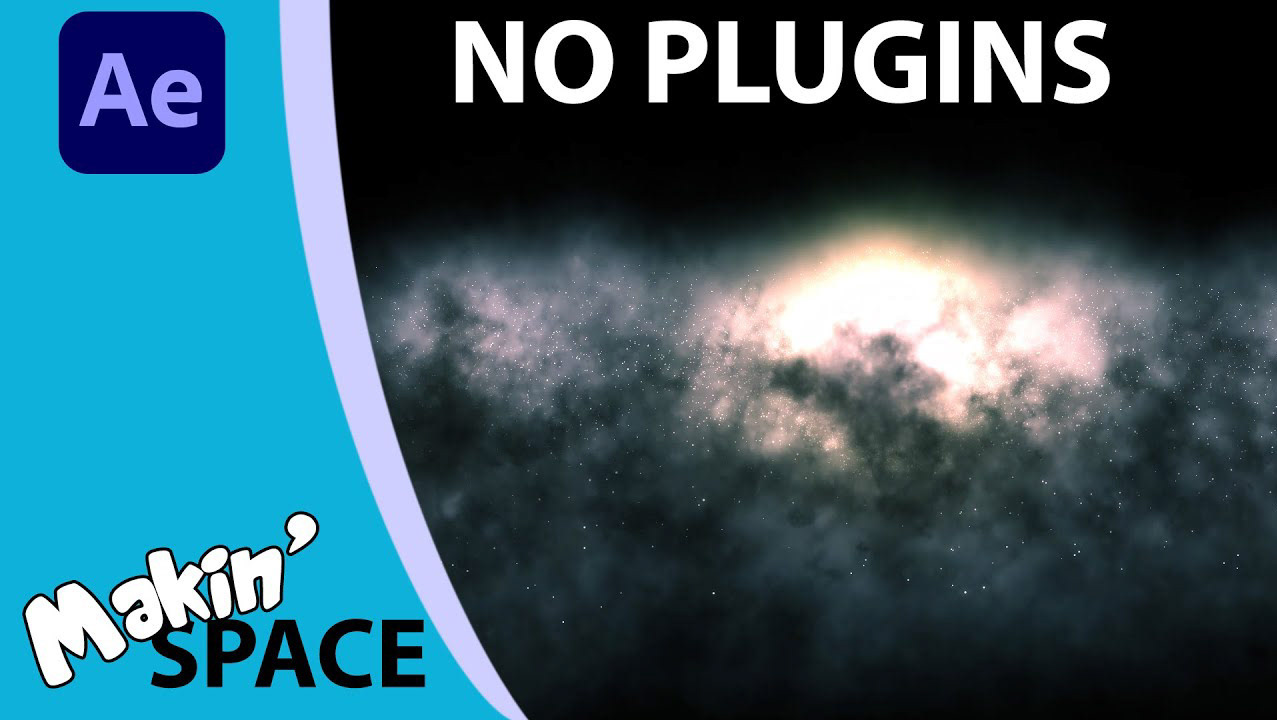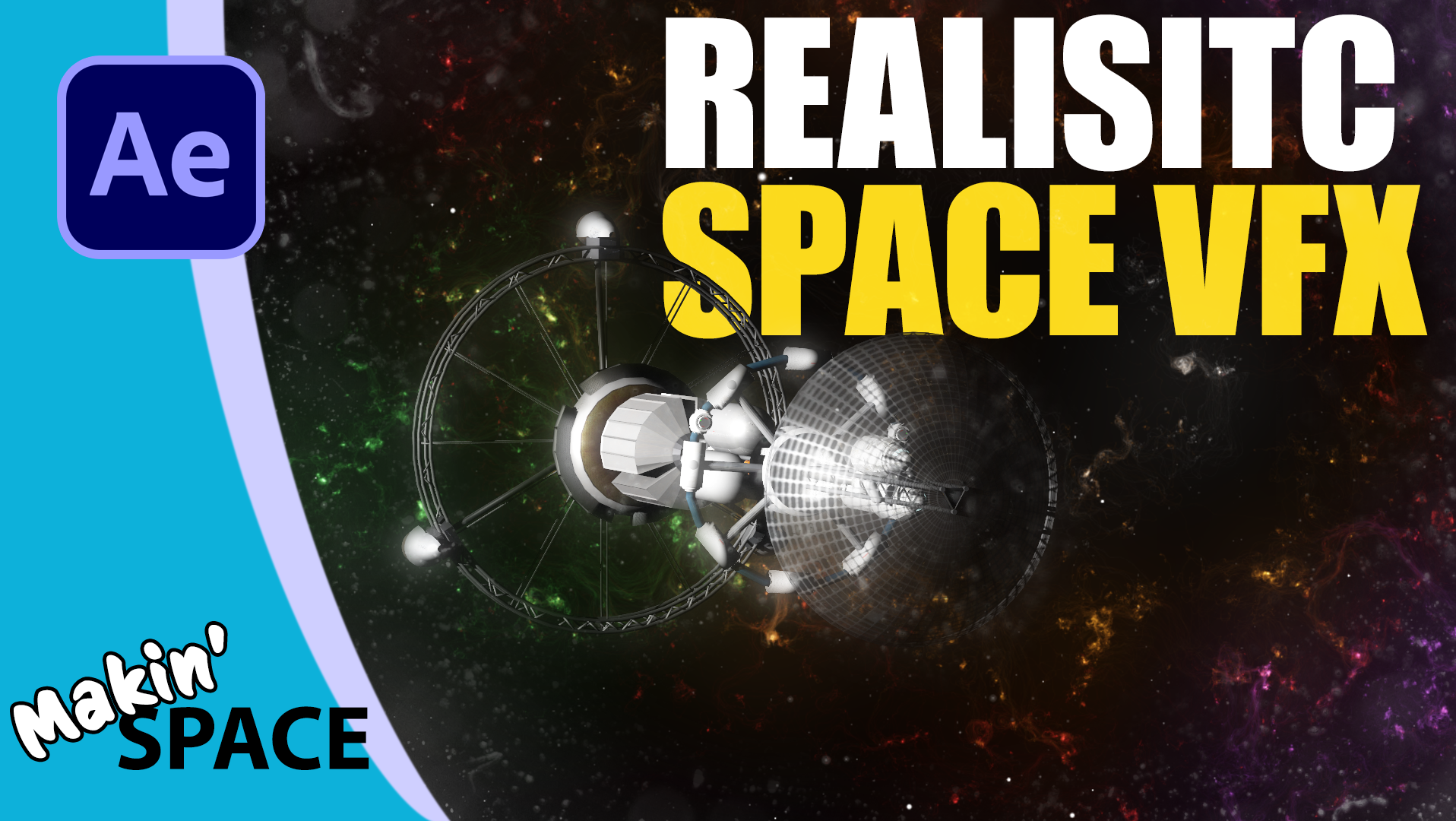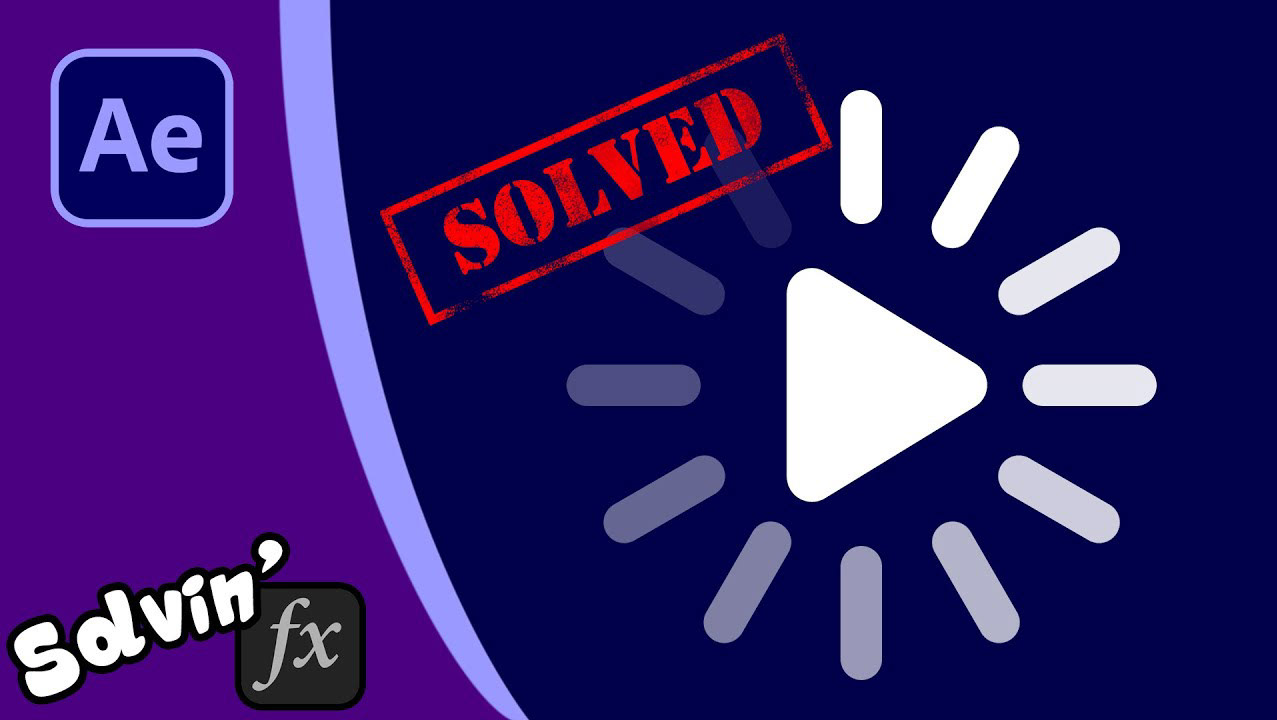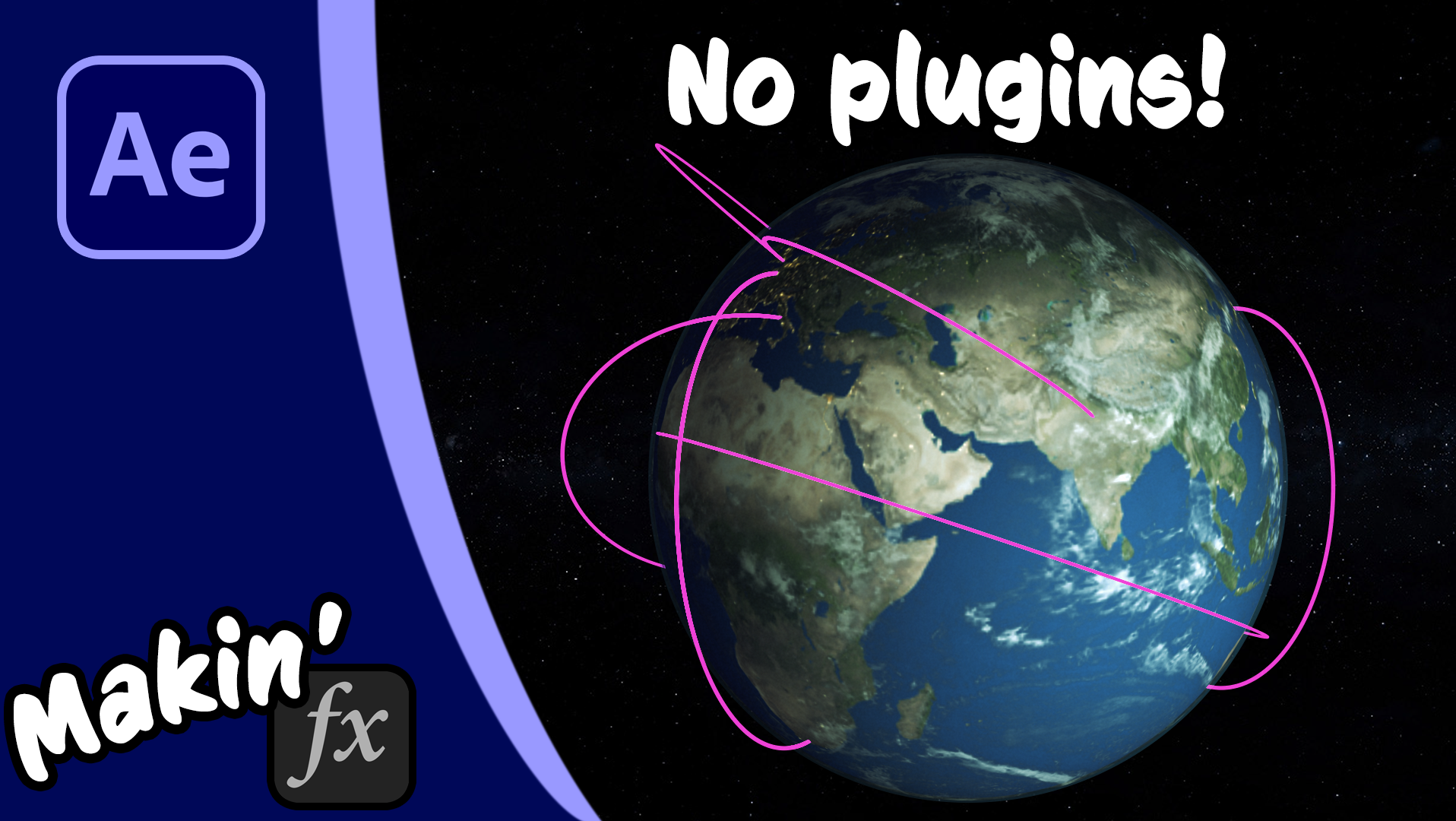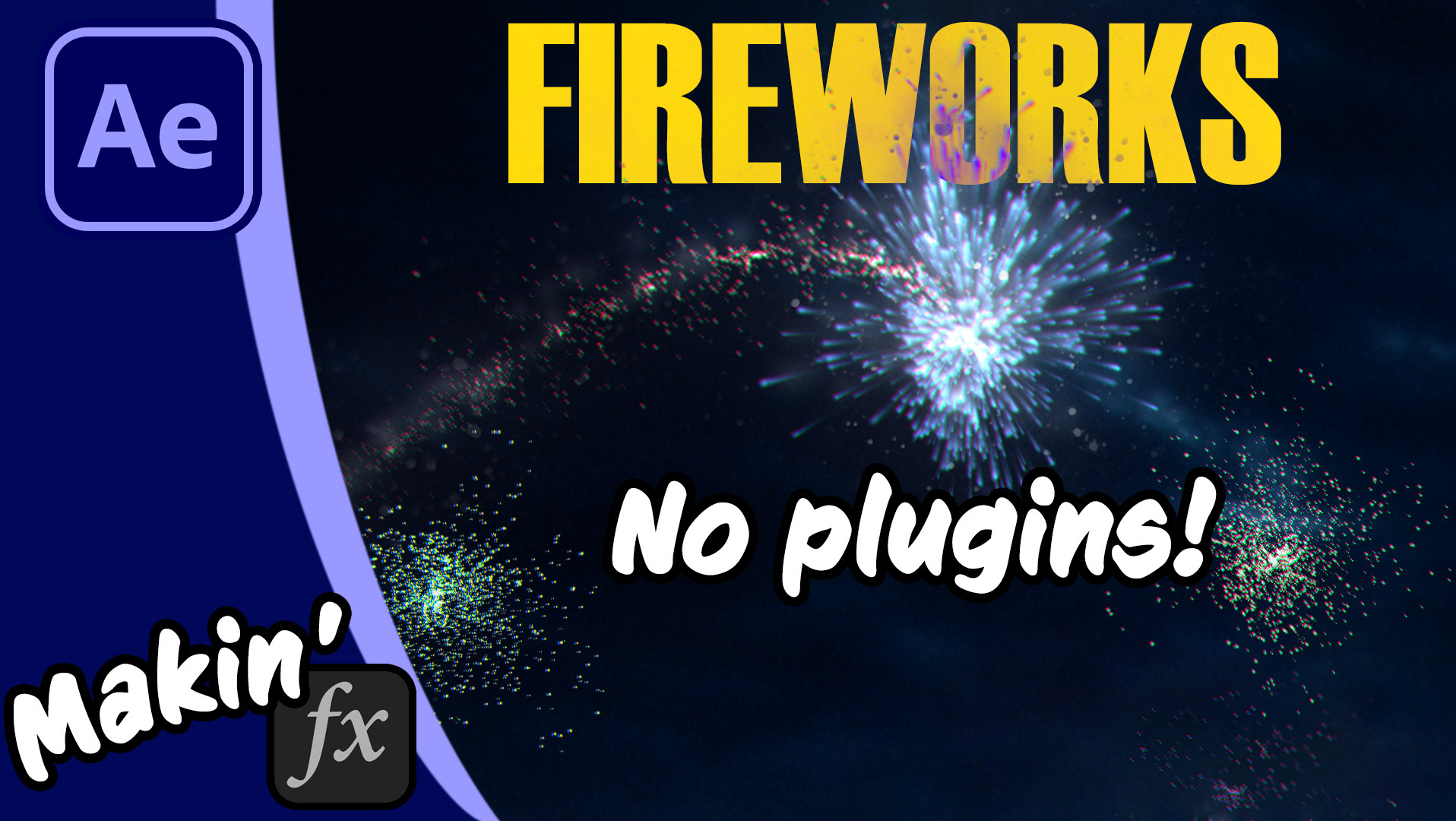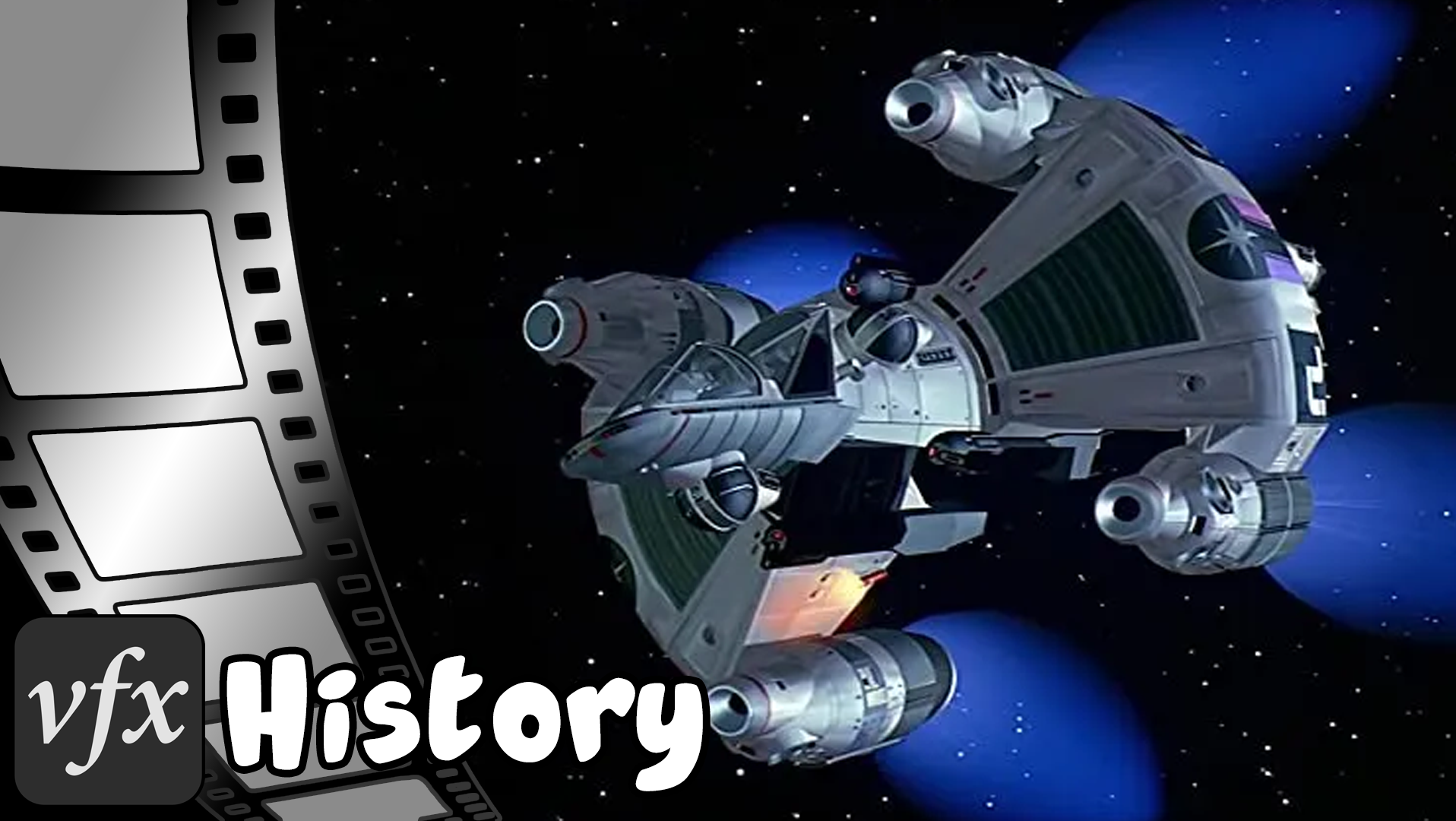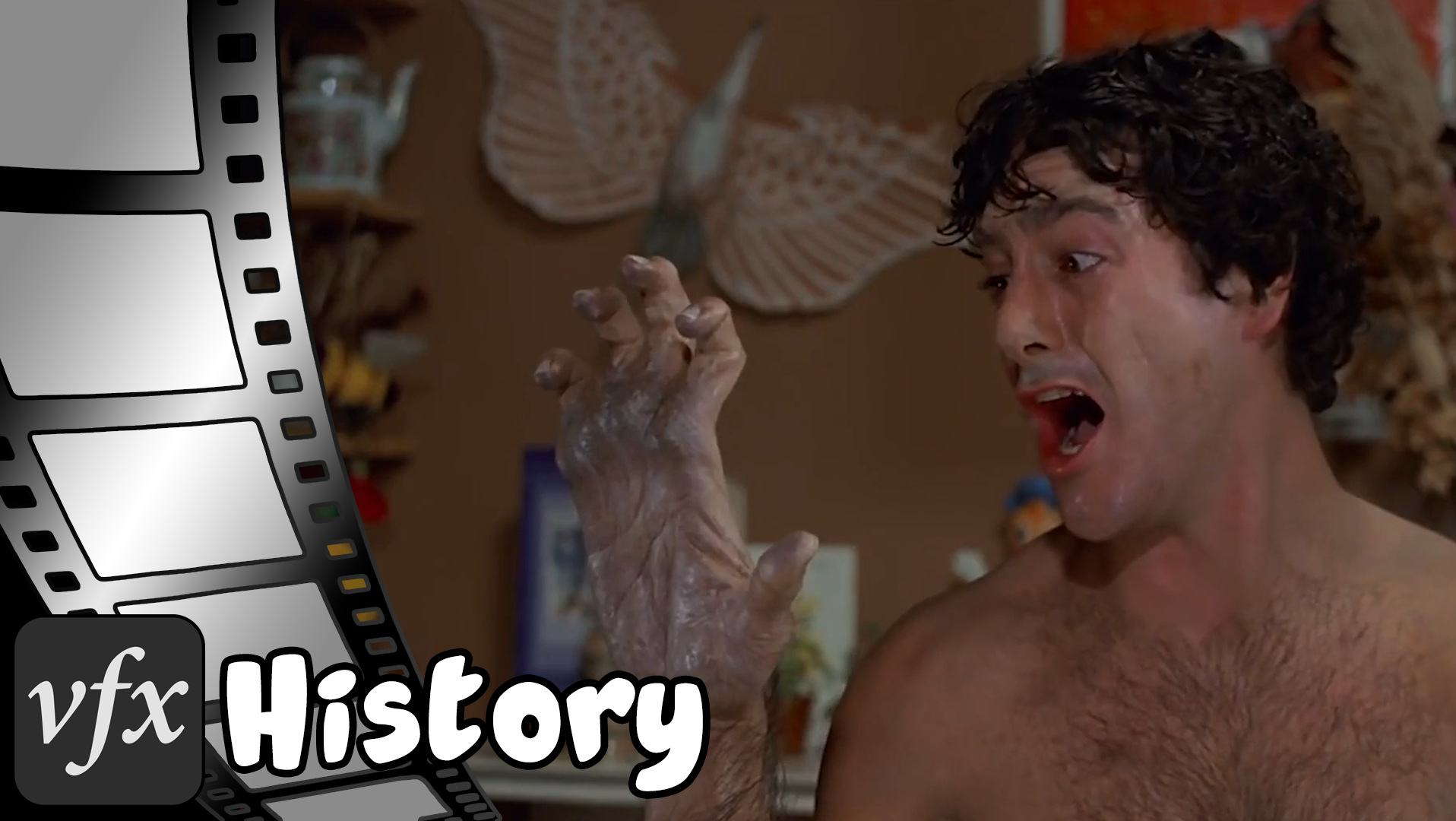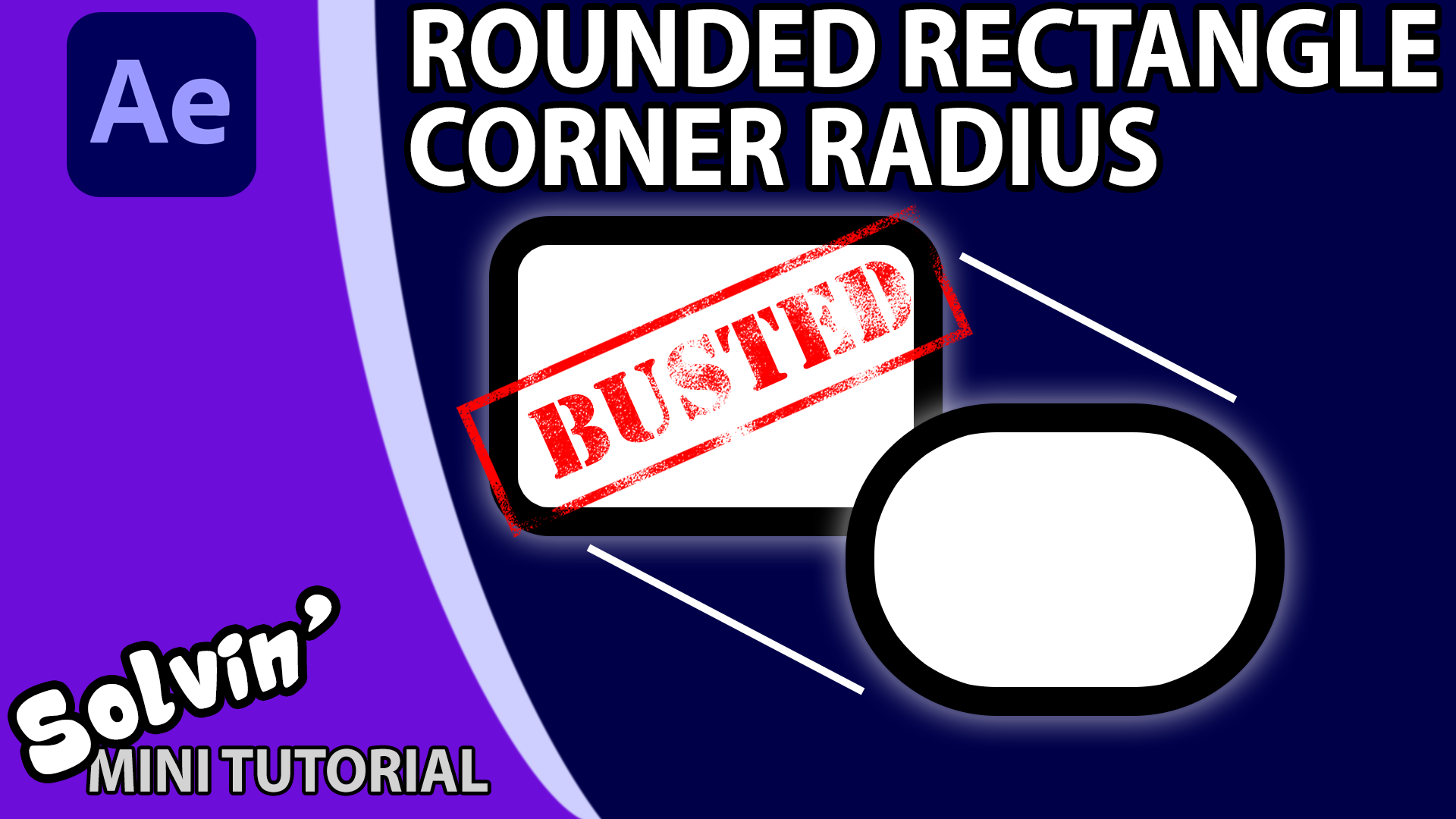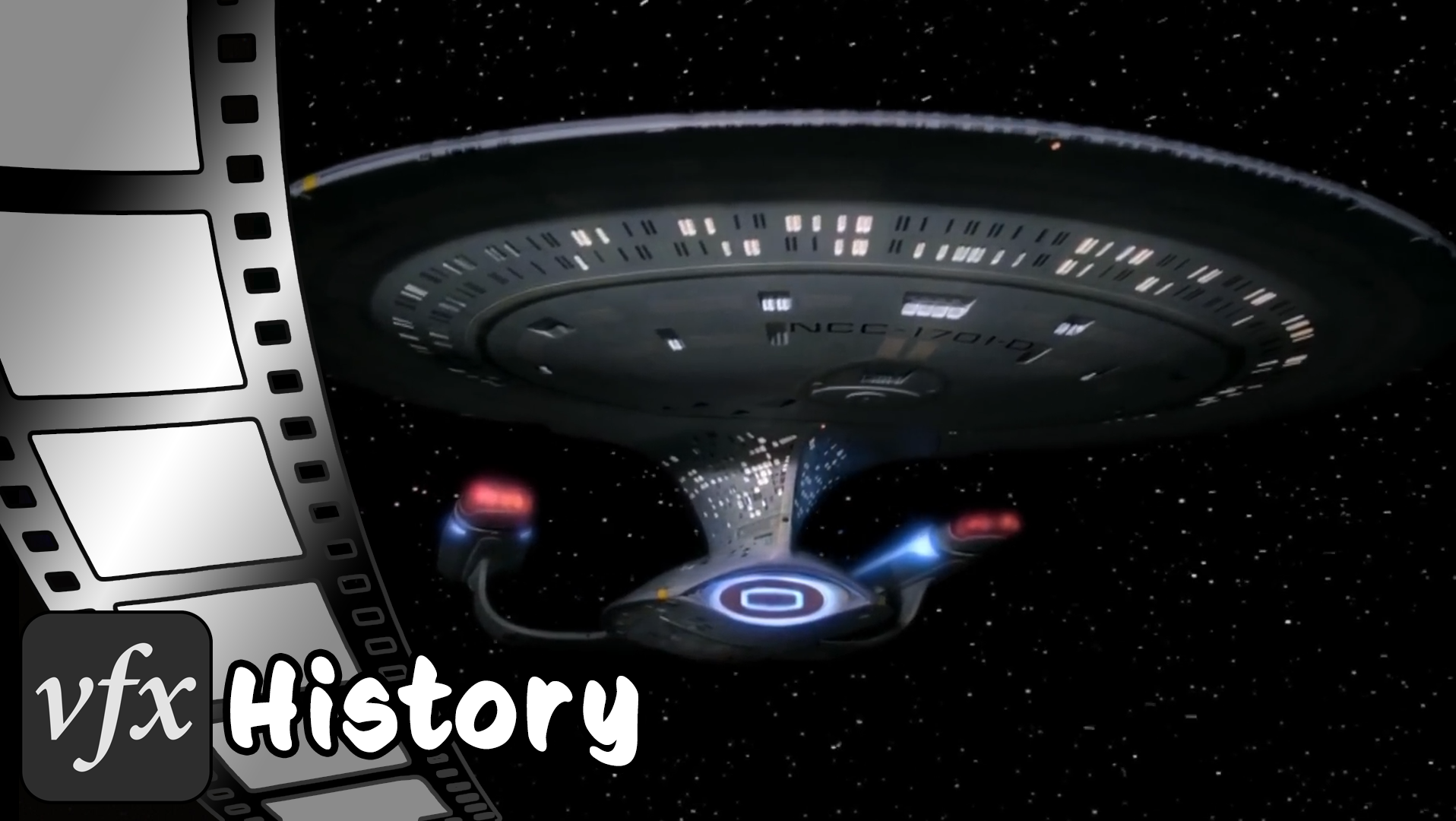A deep dive into VFX History looking at colour film and colour matting / color matting.
When I made my video exploring Optical Printers and how they could be used to remove blue from a scene, I was left wondering how did film know which colour was which? And if someone is wearing blue, like Christopher Reeve as Superman (1978) how was he able to be keyed into flying shots. And then I started to question how live analogue TV was able to "remove the blue" for weather forecasts and original Doctor Who.
Join me down the rabbit hole of colour film (or color film) Technicolor, Eastman Kodak's Kodachrome and Eastman Color. We'll take a diversion to look at colour analogue telly and CSO (colour separation overlay). Once we're back on track, we'll learn about Petro Vlahos, Didymiun prisms and the Sodium Vapour process. And then, we'll take a diversion to look at how Star Trek: The Next Generation developed the use of UV light and flourscent orange screens before we finally crack the puzzle that made us beleive a man can fly.
I also have to give a MASSIVE thank you to both Star Trek: TNG's Visual Effects Supervisor Dan Curry (who helped me with a load of research) and VFX artist Rusty Geller for his interview and insights. Check out Rusty's series, What's Behind the Eye behind the camera
I've tried to sum up my findings here and inevitably, I will have missed out crucial steps and glossed over important points. Still I hope you find this VFX history entertaining, if not informative.
Bibliography
Matte - definition, meaning & synonyms (no date) Vocabulary.com. Available at: https://www.vocabulary.com/dictionary/matte#:~:text=The%20French%20root%20is%20mat,%2C%20%22maudlin%20with%20drink.%22 (Accessed: 18 August 2024). Courtens, N. (2024) 35mm film resolution, FilmFix. Available at: https://www.filmfix.com/en/blog/35mm-film-resolution/ (Accessed: 18 August 2024).
Herwick III, E.B. (2016) How MIT and Technicolor helped create Hollywood, GBH. Available at: https://www.wgbh.org/news/local/2015-07-31/how-mit-and-technicolor-helped-create-hollywood (Accessed: 18 August 2024). Lewis, M. (no date) Natalie Kalmus: Ringmaster of the technicolor rainbow, ACMI. Available at: https://www.acmi.net.au/stories-and-ideas/natalie-kalmus-ringmaster-technicolor-rainbow/ (Accessed: 18 August 2024).
Richard B. Jewell. The golden age of cinema: Hollywood, 1929–1945. Blackwell Pub. 2007 p. 103 Jewell, R.B. (2007) The Golden Age of cinema: Hollywood, 1929-1945.
Malden, MA: Blackwell Pub. Merritt, R. (2008) ‘Crying in Color: How Hollywood Coped When Technicolor Died’, Journal of the National Film and Sound Archive, Australia, 3(2/3), pp. 6–6. The Color-Space Conundrum (2005) American cinematographer. Available at: https://theasc.com/magazine/jan05/conundrum (Accessed: 18 August 2024).
Holben, Jay. (April 2000). "Taking Stock" Part 1 of 2. American Cinematographer Magazine ASC Press. pp. 118–130 The history of colour TV in the UK
National Science and Media Museum. Available at: https://scienceandmediamuseum.org.uk/objects-and-stories/history-colour-tv-uk (Accessed: 18 August 2024).
Irvine, M. and Tucker, M. (2010) BBC VFX: The story of the BBC visual effects department 1954-2003. London: Aurum. Movie magic at the Rank Organisation: Pinewood studios’ mattes, miniatures & trick photography Available at: https://nzpetesmatteshot.blogspot.com/2014/03/movie-magic-at-rank-organisation.html (Accessed: 18 August 2024).
Stipes, D. (2009) ‘V-The final battle’ mothership, Stipes’ Universe. Available at: https://davidstipes.net/?p=239 (Accessed: 14 September 2024).
Failes, I. (2022) Yes, ‘dune’ used sandscreens, but it also used grayscreens, and even bluescreens, befores & afters. Available at: https://beforesandafters.com/2022/01/27/yes-dune-used-sandscreens-but-it-also-used-grayscreens-and-even-bluescreens/ (Accessed: 13 November 2024).
Rickett, R. (2016) Optical Special Effects. Available at: https://people.computing.clemson.edu/~ekp/courses/dpa8150/assets/01_Optical.pdf (Accessed: 13 November 2024).

